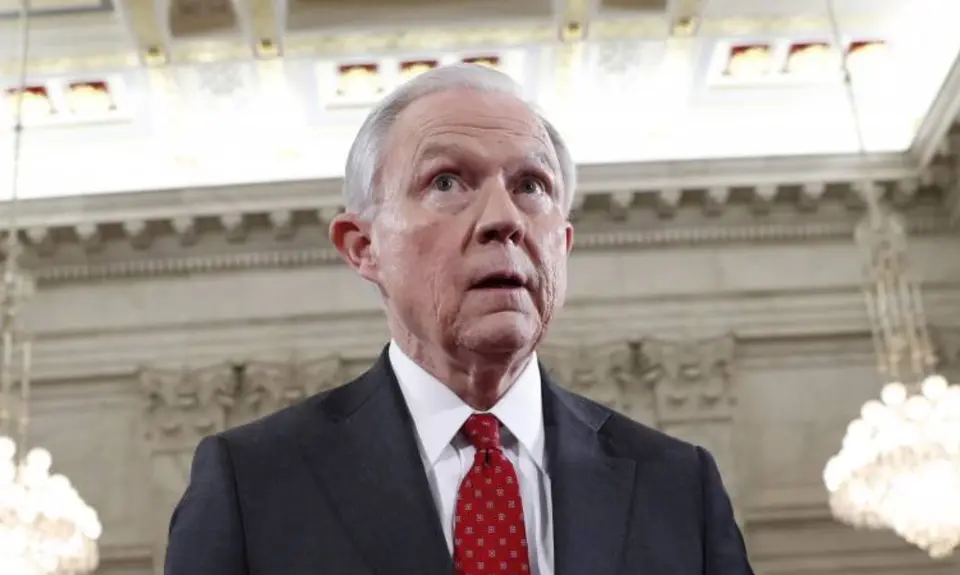Members of Congress have recently questioned former FBI Director James Comey, Attorney General Jeff Sessions, and Deputy Attorney General Rod Rosenstein about a range of issues facing the Department of Justice, with much of their attention and the country's attention focused on the special counsel investigation. Americans are demanding answers about Russia's interference in the 2016 election, and about White House efforts to sideline and discredit the investigation. President Trump and his staff have no business getting between Robert Mueller and the truth. It's not their job to micromanage DOJ and direct how the department does its job on any issue.
That's why People For the American Way recently joined a coalition led by Protect Democracy on a letter urging the DOJ inspector general to investigate improper White House communications regarding ongoing law enforcement matters and the failure of DOJ leadership to respond appropriately when alerted.
PFAW and the Protect Democracy coalition cited the history of DOJ "contacts policies":
Since Watergate, both Republican and Democratic administrations have put in place written policies, called “contacts policies,” to ensure that the DOJ impartially exercises its law enforcement powers by restricting the Department’s contacts with the White House. These contacts policies have channeled communications between the White House and DOJ about any ongoing case, investigation, or adjudicative matter to a small number of pre-designated high-level officials. Moreover, the contacts polic[ies] establish that those communications should take place only when necessary for the discharge of the President’s constitutional duties and must be appropriate from a law enforcement perspective.
We outlined specific steps that the DOJ inspector general must take to reclaim DOJ's independence:
[W]e ask the OIG to take immediate action to investigate and put a stop to inappropriate White House communications on specific enforcement matters. We request that the OIG investigate potential violations of the policy by DOJ leadership and assess DOJ’s compliance protocol for ensuring that its leadership and staff abide by the contacts policy. In particular, we ask that you assess whether DOJ employees are aware of their obligations under the contacts policy, receive training on the rationales behind the policy and how to comply, and understand how to handle circumstances to either avoid a violation or, if one occurs through actions of the President, how to report and address it.
